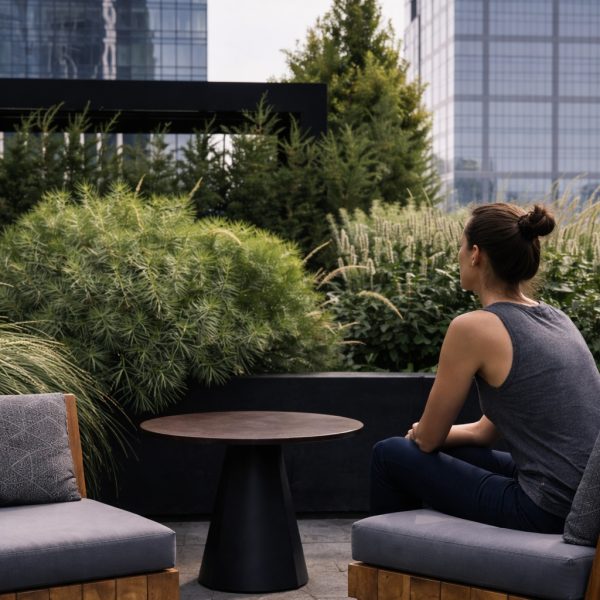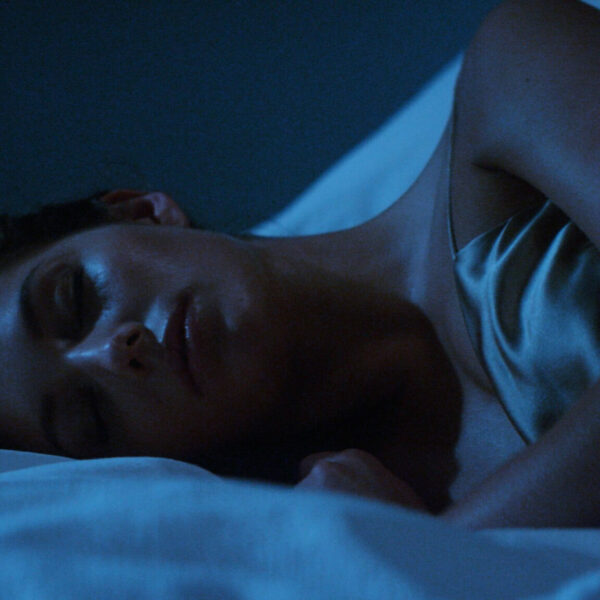TOM MIDDLETON’S SLEEP RITUALS
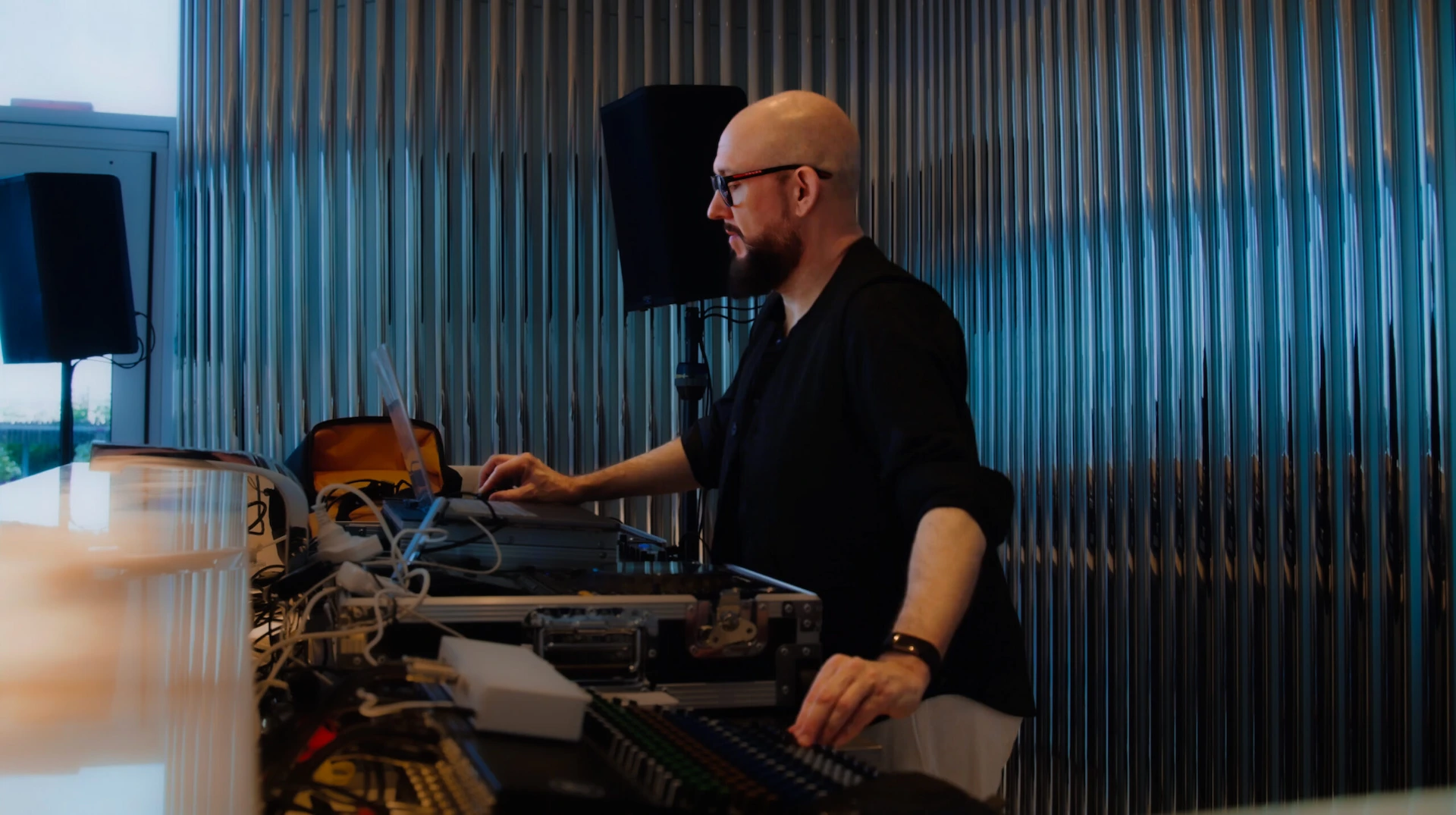
HOW TO MAXIMIZE RESTORATIVE SLEEP
Sleep is the foundational pillar of mental, physical, and emotional health and wellbeing. We spend a third of our lives sleeping, and it’s an evolutionary adaptation to naturally reset the mind, allowing our brains to recover, repair, and rebuild our bodies whilst boosting the immune system – crucial for peak performance. The world is experiencing prolonged periods of chronic stress, resulting in mental health issues, with anxiety, stress, burnout, depression, and sleep loss on the rise. With Daylight Saving Time on November 4th, we’ll experience less natural light, which can disrupt our circadian rhythm. It’s important to implement strategies to maintain a healthy sleep schedule during this transition.
Tom Middleton (Co-founder of White Mirror, Sound designer and Sleep Coach) joined us at the Equinox Global Sleep Symposium sharing his tips for maximizing the chances of a better night’s sleep, focusing on mental, physiological, and environmental aspects along with a guided sound and movement journey with Qi Gong master Shirley Chock. Tom shares his sleep rituals and 10 tips to help you adjust to Daylight Saving Time.
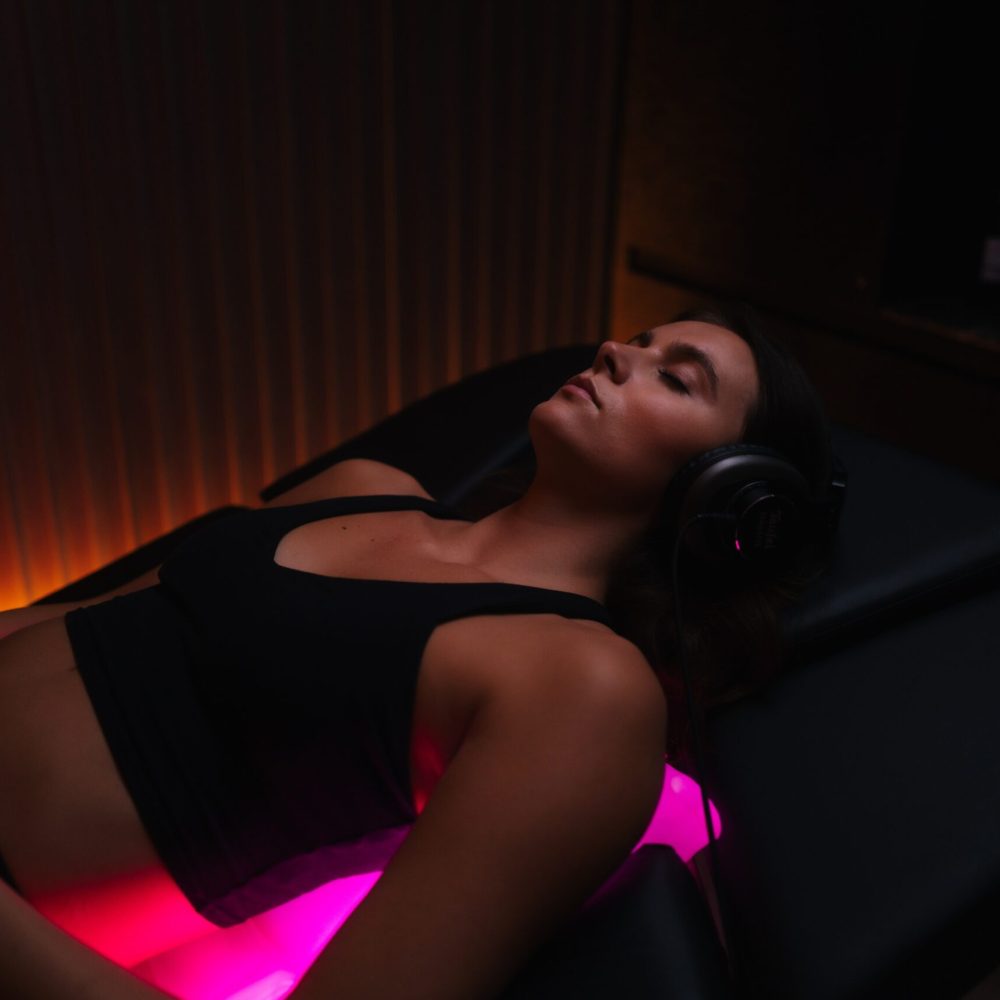
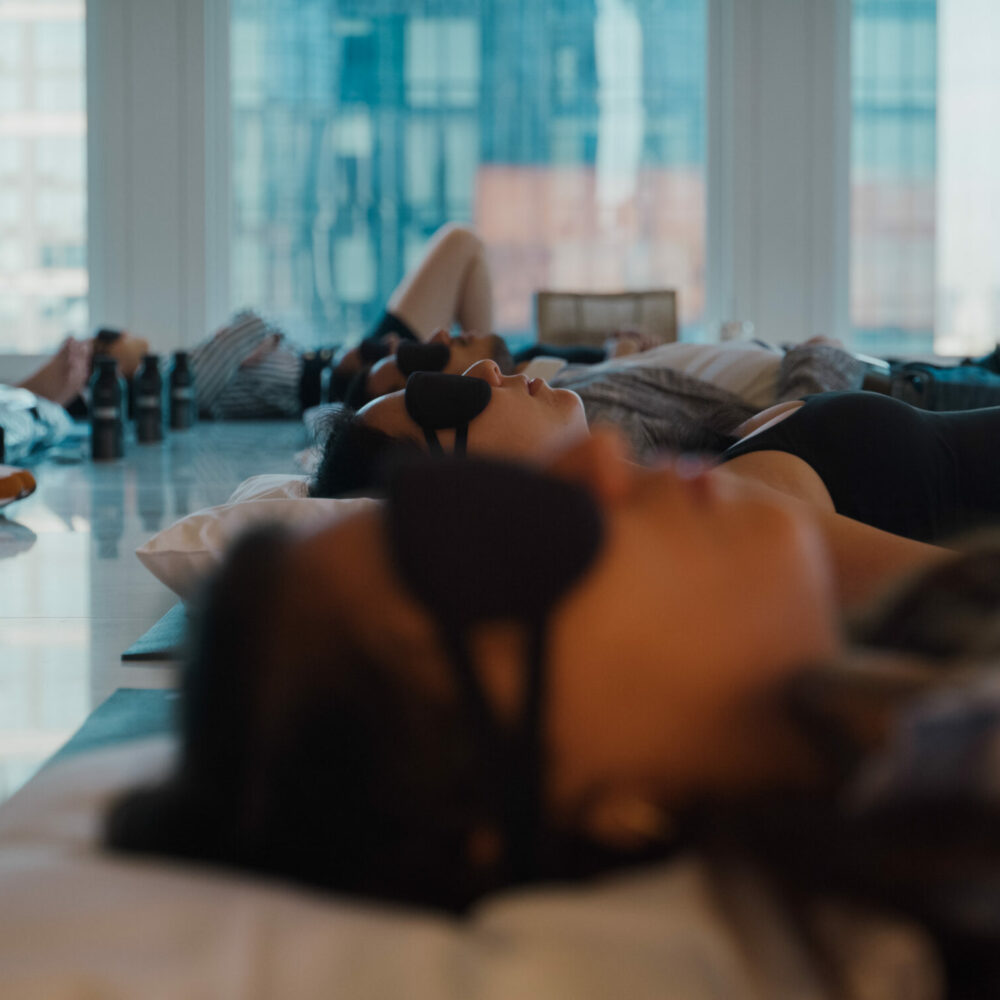
10 TIPS FROM TOM MIDDLETON
Establish a Consistent Routine
Set regular wake and sleep times to align with you body’s natural rhythm. Aim for at least 7.5 hours of sleep and use reminders if needed. Tailor your routine to your individual sleep needs or chronotype.
Morning Daylight Exposure
Spend 20 minutes outside in natural daylight each morning without sunglasses to help reset your body clock and regulate your sleep-wake cycle.
Mindful Movement
Incorporate standing breaks if you sit for long periods. Try Qi Gong, Tai Chi or gentle Yoga, and avoid vigorous exercise close to bedtime to prevent overstimulation.
Food and Drink
Eat a light dinner 2-3 hours before bedtime. Avoid spicy foods that can stimulate and energize. Consider supplements like L-Theanine, Magnesium, 5-HTP, Valerian Root and Melatonin for sleep support. Stay hydrated with 8-10 glasses of water a day.
Limit Stimulants
Avoid caffeine after 12pm as it can stay in your system for up to 12 hours and disrupt sleep. Limit alcohol consumption as it negatively affects sleep quality and REM sleep.
Optimize Sleep Environment
Create a tech-free bedroom dedicated to sleep and intimacy. Introduce oxygen emitting / CO2 absorbing house plants. Invest in a supportive mattress and natural bedding. Consider a silk eye mask, custom fit earplugs, and nasal strips for a quieter, deeper sleep.
Digital Detox
Reduce stimulate from screen time at least an hour before bed and prevent blue light from blocking melatonin production. Engage in relaxing activities instead of scrolling or swiping. Try Tom’s Sleep Better, Spatial Sleep Music and The Sound of Sleep albums.
Control Light and Temperature
Use dim, red, or orange lights in the evening to promote melatonin production. Keep your bedroom cool at around 65°F and ensure proper ventilation.
Mind Clearing Techniques
Avoid evening arguments and write down negative thoughts to symbolically “remove” them. Create a to-do list for the next day and note three things you are grateful for to ground yourself in the present moment.
Breathwork
Practice calming breathwork techniques such as 4×4 box breathing or 4-7-8 patter. Focus on slow, deep diaphragmatic breathing through the nose with a longer exhale to promote relaxation and prepare your body for sleep.

